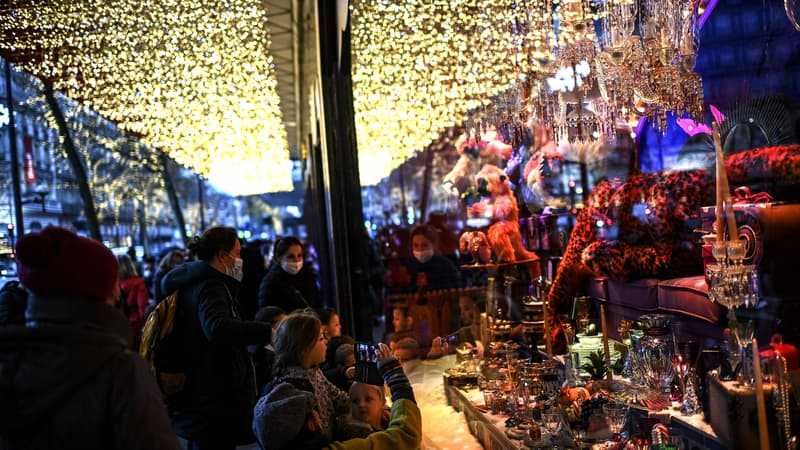The French take the risk of power outages very seriously and have already reduced their consumption. But at the moment, there is no guarantee that everything will go smoothly in January. Instead, for December, nothing to fear.
Since November, Enedis had assured that the last month of the year will be saved. Perhaps so as not to scratch the morale of the French, already tested by the inflation of consumer products and the rise in energy prices, and so as not to weigh down tourism and transport professionals.
But the reasons for this security lie in other reasons. The managers of the electrical network are eager to first study the need for energy after the call for sobriety launched by the Government. According to a “L’Opinion en direct” survey carried out by Elabe for BFMTV, 60% of consumers already intend to reduce their consumption in the coming days.
As proof of this awareness, the latest data published this Tuesday, December 6 by RTE, the manager of the electricity transmission network in France. In the past week, Electricity consumption fell by 8.3% compared to the average for the years 2014 to 2019. Believing that the risk of cutting is high, 6 out of 10 French people are already taking precautions to avoid it.
A ten-year cold snap from January
December temperatures help save money. They remain mild and the odds for Metéo Contact indicate that they will be in line with seasonal norms with as much as a 40% chance of being warmer. Despite the normal variations between the North and the South, the mercury should remain close to the seasonal averages in much of the territory. So, for the moment, the French are not pushing their electric heating too hard to maintain 19°.
But by January, the situation is likely to change. Meteorologists are scrutinizing the possibility of a strong cold snap like the one in 2012. Ten years ago, thermometers showed values as low as -29°C in some regions. In Mouthe, in the Doubs, one of the coldest towns in France, the temperature this weekend will be -11°.
The consequence will be an increase in the consumption of heating, including the proportion of those that work with electricity. It now equips 35% of French homes (compared to only 24% in the 1990s), that is, more than 8.2 million main residences.
If this ten-year cold snap occurs in January, France will not have enough energy to cope with these sharp drops in temperature. At issue, a slower-than-expected restart of EDF’s nuclear reactors. According to forecasts published by RTE, the company should be able to supply 40 gigawatts (GW), or 65% of installed nuclear capacity. According to a report by RTE, the requested power registered in January 2013 reached 92.6 GW.
Will January 2023 be as cold as 10 years ago? “Nothing indicates such a risk at the moment, the latest seasonal forecasts speak more of a winter close to normal,” explains Christophe Person, BFMTV weather journalist. He adds that the seasonal forecast will update in about 1 week.
Source: BFM TV


